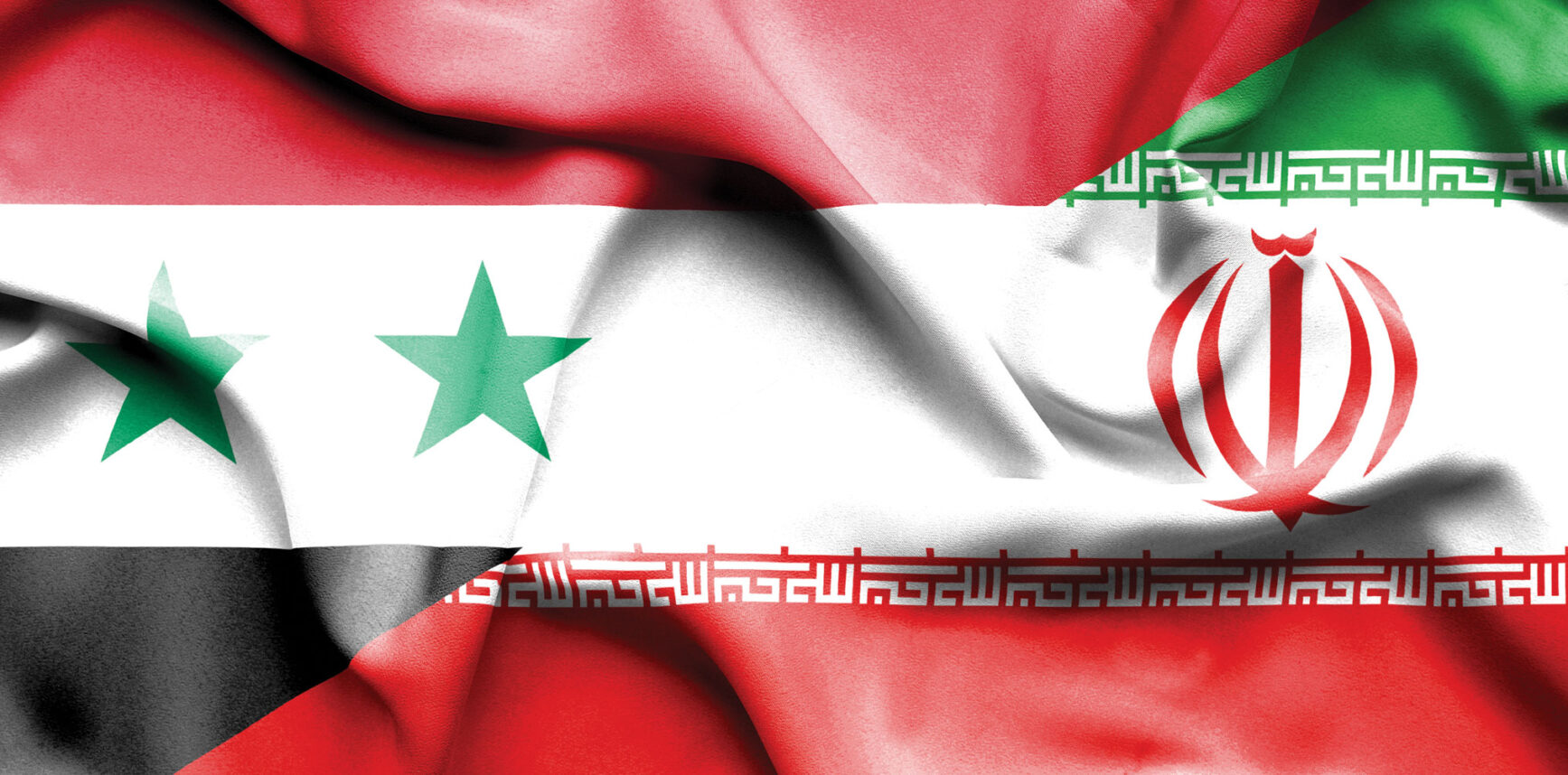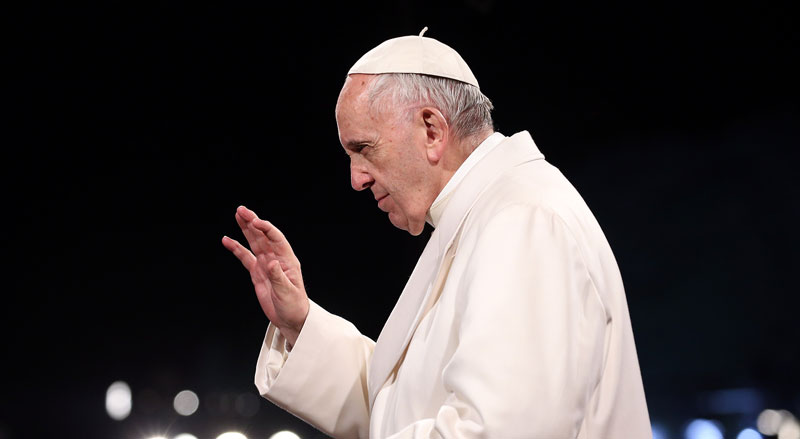Rabbi Elli and Dinah Horovitz z”l, Murdered by Palestinian
Terrorists, Sabbath Eve, March 7, 2003.
Like most people these days, I keep close tabs on the news.
On Friday morning, March 7, when I read on the Internet that a couple was
murdered in Kiryat
Arba, my ears perked up because my cousins live there.
But so do about 7,500 other people. We were out all Saturday
afternoon, and came home for a short time before setting out for an evening
concert. But before leaving I had to check the news once again. There it stared
me in the face. The murdered couple was identified. I screamed for my husband.
“Look, it’s my [dad’s] cousin Leah’s son, Elli [Elnatan], and his wife, Dinah
[Debbie]. They murdered my cousin.”
I was reminded that the Horovitzes are not the first people
in our family to have been murdered in Hebron. In 1929, my great-aunt Chancha’s
husband was murdered in the Hebron riots of that era in which the Arabs
decimated the Jewish community.
We are an international family. Like many other Jewish
families, we are everywhere — Israel, the United States, Europe, Australia,
South America. We have such a cohesive bond that in spite of the fact that we
represent a variety of political beliefs and religious backgrounds within
Judaism, there is a commonality that binds the family together. That glue is
our strong belief in the destiny of the Jewish people and to our irrevocable
attachment to the land of Israel. So our family is like a microcosm of the
Jewish people.
Rabbi Elli Horovitz was a man of peace, a man of great
erudition in Jewish learning, but also a person with a ready smile and a beauty
of spirit who loved nature and music. He and Dinah, beloved by their hundreds
and hundreds of students, were cut down at the height of their flowering.
Thousands attended their funeral. He lived for a period of time with his aunt
on Kibbutz Hulata, a nonreligious kibbutz in the north of Israel, where he came
to understand Jews whose religious outlook was different from his, and he
learned to love nature, grow fruit and cultivate a generosity of spirit.
Subsequently, he chose to live in Kiryat Arba, adjacent to Hebron, not out of
political conviction, but because Hebron was one of the oldest Jewish areas,
the place that drew him spiritually and religiously. The flora and fauna of the
area also possessed him. Just hours before he died, he and his wife hiked out
to the hills near Hebron to enjoy the beautiful wildflowers in bloom.
I have been consumed these past few weeks by this latest
horrific tragedy, communicating with relatives and friends all over the world,
researching Internet stories about my cousin’s life and death, and just
thinking. I have started a file of the letters I have received from people on
several continents who have been touched by this tragedy. As shocking as the
story is — the devout couple murdered in cold blood at Sabbath dinner by Arab
terrorists posing as Jews dressed in religious garb — people have emphasized
one distinctive theme in their notes of condolence to me. They confess that
they are angered even more acutely when they find out that the murdered persons
were connected to a friend or relative of theirs — however distant.
Suddenly, I felt the closeness of a family originally called
Zines and sensed the unity of all these relatives in diverse parts of the
world. I circled these cousins around me, and then I reached out to friends who
were similarly moved, ultimately to all other Jews. In the final analysis, we
Jews are all reminded about connections — how we are connected to our friends
and relatives dispersed all over, and how we are connected to the center of our
ancient world in Israel.
One note of condolence said: “The Middle East conflict is a
horrible abstraction until someone is murdered who has a direct connection with
whom we know at home. I sympathize with your loss, and understand the pain that
you and your family endure. I also understand that it resonates with the larger
pain of the Jewish predicament in the Middle East.”
Another: “I was so sad to hear of this tragedy, but now that
it seems so close to home, it really tears my heart apart. Please, give your
family my love, and tell them that many people in the Diaspora cry and pray for
them.”
My family tree named Zines, to which Rabbi Elli Horovitz and
Dinah belonged, starts, as far as we know, with an ancestor named “Dina” (not
related to Dinah Horovitz) who lived in Safed in Israel in the mid-1700s. We
don’t know how much further back our roots go in the land of Israel, but with
the cruel murder of cousins Elli and Dinah merely for their devotion to their
Jewish roots, it surely goes back to Father Abraham and Mother Sarah. Â
Gerry Segal Teitelbaum is the founder and president of the Los Angeles Judaica Collectors Club. She is currently working on articles for the Western States Jewish Historical Quarterly and Midstream magazine.






















 More news and opinions than at a Shabbat dinner, right in your inbox.
More news and opinions than at a Shabbat dinner, right in your inbox.